Author, Carol Pages, Pages Family Law.

The parenting sections of the Family Law Act are changing – what does that mean for me?
On 6 May 2024 new laws will take effect about how the Federal Circuit Court and Family Court of Australia (the Court) makes parenting orders in the best interests of a child.
This is relevant for separated families in the process of either negotiating between themselves about what their parenting orders should be, or those who may not be able to agree what their orders should be, and so they seek the advice of a lawyer, or the intervention of the Court. We advise clients based on the law as to options and likely outcomes, to try to avoid the need for a Court application where possible.
What’s changing?
There is now a much shorter list of factors for the Court to consider when deciding what parenting arrangements to make in the best interests of a child.
There are new sections about decision making by separated parents about the major long term issues concerning their children. Major long term issues include matters such as health, education and religion.
The presumption of ‘equal shared parental responsibility’ has been removed. This was often confused with a starting point of a child spending equal time with each parent.
What’s staying the same?
The best interests of the child
The object of the parenting section of the Family Law Act remains ensuring the best interests of children are met. This includes ensuring the children’s safety.
The best interests of the child remain the paramount consideration. The new law sets out a new simplified list of factors that the Court must consider when determining the best interests of a child.
The factors which will now be considered by the Court are:
- What arrangements would promote the safety of the child and each person who cares for the child;
- Any views expressed by the child;
- The developmental, psychological, emotional and cultural needs of the child;
- The capacity of each person who has or is proposed to have parental responsibility for the child to provide for the child’s developmental, psychological, emotional and cultural needs;
- The benefit to the child of being able to have a relationship with their parents, and other people who are significant to the child, where it is safe to do so; and
- Anything else that is relevant to the particular circumstances of the child.
There is an additional best interest factor the Court is required to consider for Aboriginal or Torres Strait Islander children, that they have the right to enjoy their culture and receive support to connect to their culture.
Parental responsibility and long term issues
Each parent has parental responsibility for their children, unless a parenting order says otherwise.
Parents can agree to an order for equal shared parental responsibility for all long term issues, which then means they are required to consult each other person in relation to these decisions and make a genuine effort to come to a join decision. The types of long term decisions usually debated by separated parents include education decisions such as where the child will attend school, or health decisions such as medical treatment for the child. At all times decisions must be made based on the best interests of the child.
Where the Court decides the parenting orders in the best interests of the child it may be that parental responsibility is equally shared, or alternatively, depending on the circumstances of the case, it may be that one parent is allocated sole parental responsibility for all matters, or that the parents have equal shared parental responsibility for most aspects of the child’s life, with one aspect, for example, health, decided by one parent.
Summary
The new amendments have simplified the parenting sections of the Family Law Act, however the objective of the children’s best interests remains the same.
_________________________________
The content of this article is provided for information purposes only and does not constitute legal advice. We recommend that you seek legal advice relevant to your own circumstances and we would be happy to assist you.
Carol Pages of Pages Family Law is an Accredited Specialist in Family Law. If you would like advice about your own separation, please contact Pages Family Law at info@pagesfamilylaw.com.au or on 03 9121 8077 or book a 15 minute free discovery call via our website.

